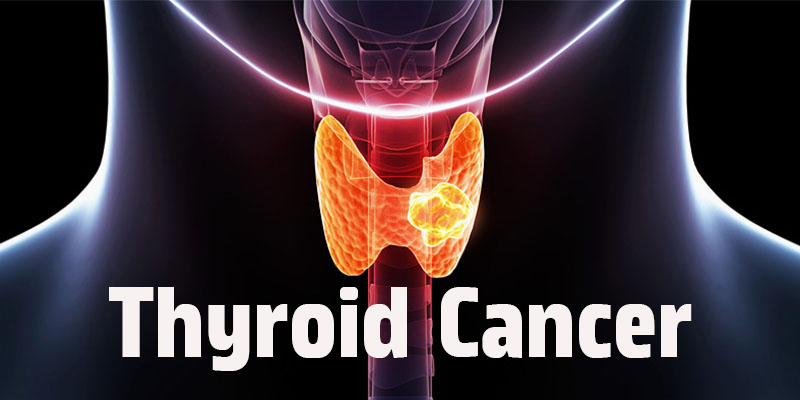Decoding Bone Cancer Symptoms, Strategies and Triumphs
Aug. 30, 2023 #Cancer
What is Bone Cancer?
Bone cancer is a rare form of cancer that primarily affects the bones. It can develop in any bone in the body, and it is most commonly found in children and young adults. The main types of bone cancer include Osteosarcoma, Chondrosarcoma and Ewing Sarcoma.
Key Points
- Bone cancer primarily affects the bones: It can occur in any bone in the body and is characterized by the abnormal growth of cells in the bone tissue.
- Types of bone cancer: The main types are osteosarcoma, Ewing sarcoma, and chondrosarcoma. Each type has its own characteristics and requires specific treatment approaches.
- More common in children and young adults: While bone cancer can occur at any age, it is more frequently diagnosed in younger individuals.
- Causes and risk factors: The exact cause is unknown. However, certain factors such as a history of radiation therapy and inherited syndromes may increase the risk.
Early detection is crucial for improving the chances of successful treatment. Common symptoms of bone cancer include bone pain, swelling, and fractures. If you experience any of these symptoms, consult with a healthcare professional.
Treatment options for bone cancer may vary depending on the location and stage of the cancer. A multidisciplinary approach involving a team of specialists is often employed to provide the most effective treatment plan. Treatment may include surgery, chemotherapy, radiation therapy, and targeted therapy.
Symptoms of Bone Cancer
Bone cancer can present with a variety of symptoms that can vary depending on the location and stage of the cancer. Early detection of these symptoms is crucial for successful treatment. Common symptoms of bone cancer include:
- Bone pain: Persistent pain in the affected bone, which can worsen with activity or at night.
- Swelling: Noticeable swelling or a lump in the area affected by bone cancer.
- Fractures: Weakening of the bone, making it more susceptible to fractures.
- Weight loss: Occurs in more advanced stages of bone cancer.
- Fatigue: Feeling tired or experiencing fatigue.
- Anemia: Reduced red blood cell count in some cases of bone cancer.
If you experience any of these symptoms, consult with a healthcare professional for a thorough evaluation. Early diagnosis and treatment can significantly improve outcomes for individuals with bone cancer.
Diagnosis and Treatment
Early detection is crucial for successful treatment of bone cancer. If bone cancer is suspected, diagnostic tests and imaging studies are conducted to confirm the diagnosis and determine the extent of the cancer. These may include:
- Imaging tests: X-rays, CT scans, and MRI scans are commonly used to visualize the affected bone and surrounding tissues. These imaging tests help identify the location, size, and characteristics of the tumor.
- Biopsy: A biopsy is necessary to confirm a diagnosis of bone cancer. During a biopsy, a small sample of tissue is taken from the affected bone and analyzed under a microscope. This helps determine the type of bone cancer and its specific characteristics.
Once a diagnosis is confirmed, a treatment plan is developed based on the type, location, and stage of the bone cancer. Treatment options may include:
- Surgery: Surgery is often the primary treatment for bone cancer. The goal is to remove the cancerous tumor and surrounding affected tissue. In some cases, amputation may be necessary.
- Chemotherapy: The use of anti-cancer drugs to destroy cancer cells throughout the body. It may be used before or after surgery, or as the primary treatment for advanced or metastatic bone cancer.
- Radiation therapy: Uses high-energy beams to kill cancer cells and shrink tumors. Often used in combination with surgery or chemotherapy.
- Targeted therapy: Medications that specifically target cancer cells without harming normal cells. Used in specific cases of bone cancer.
A multidisciplinary approach is crucial in managing bone cancer. A team of specialists, including orthopedic surgeons, oncologists, and radiation oncologists, collaborate to develop an individualized treatment plan for each patient.
Prognosis and Support
Prognosis for bone cancer varies based on the type and stage of the cancer. Early-stage bone cancers generally have a better prognosis. However, prognosis can also depend on factors such as the size and location of the tumor, presence of metastasis, and overall health.
Regular follow-up visits and imaging tests are important for monitoring recurrence or metastasis. Early detection of recurrence can lead to prompt treatment and better outcomes.
Supportive care is essential for individuals with bone cancer. It focuses on managing symptoms, improving quality of life, and addressing the emotional and physical needs of the patient. Some aspects of supportive care for bone cancer may include:
- Pain management: Various techniques, medications, and therapies can be utilized to help manage pain and improve comfort.
- Physical therapy: Helps maintain or regain physical function, improve mobility, and manage any functional limitations caused by the cancer or its treatment.
- Support groups and counseling: Provide emotional support for patients and their families, offering a safe space to share experiences and receive guidance.
Individuals with bone cancer should be proactive in seeking support and communicating their needs to their healthcare team. With appropriate medical treatment, regular monitoring, and supportive care, improved outcomes and a better quality of life can be achieved.









COMMENTS